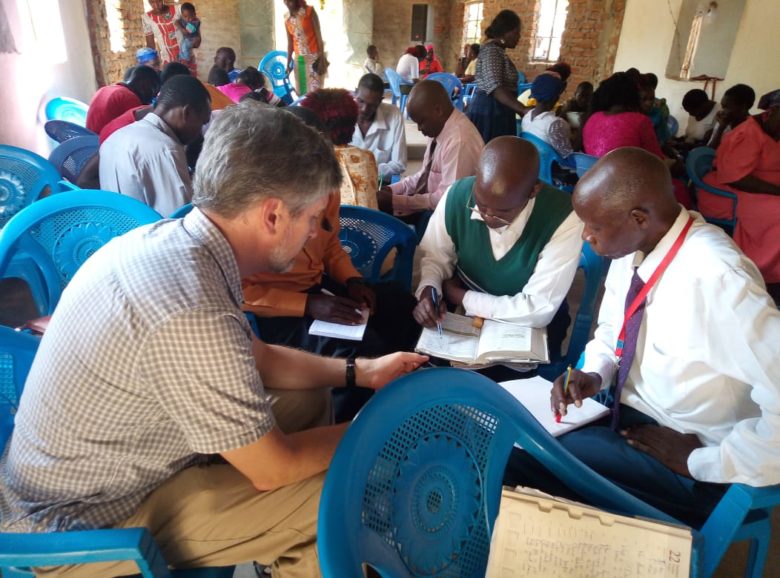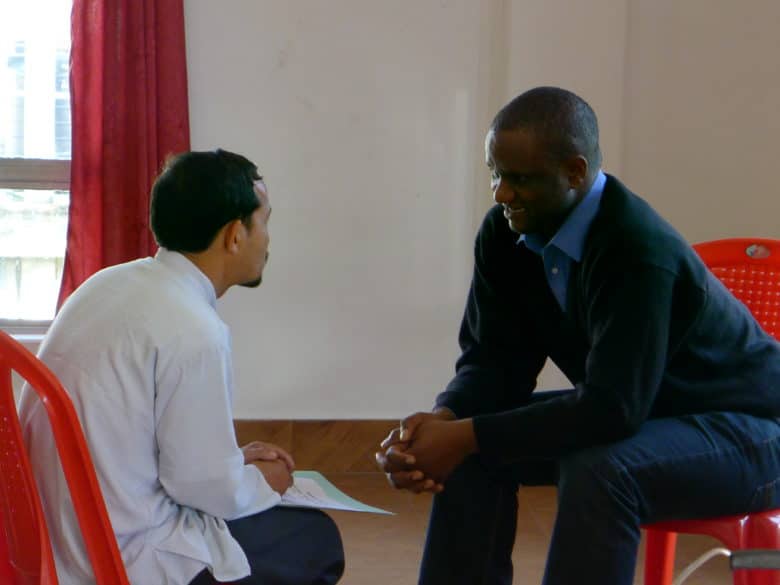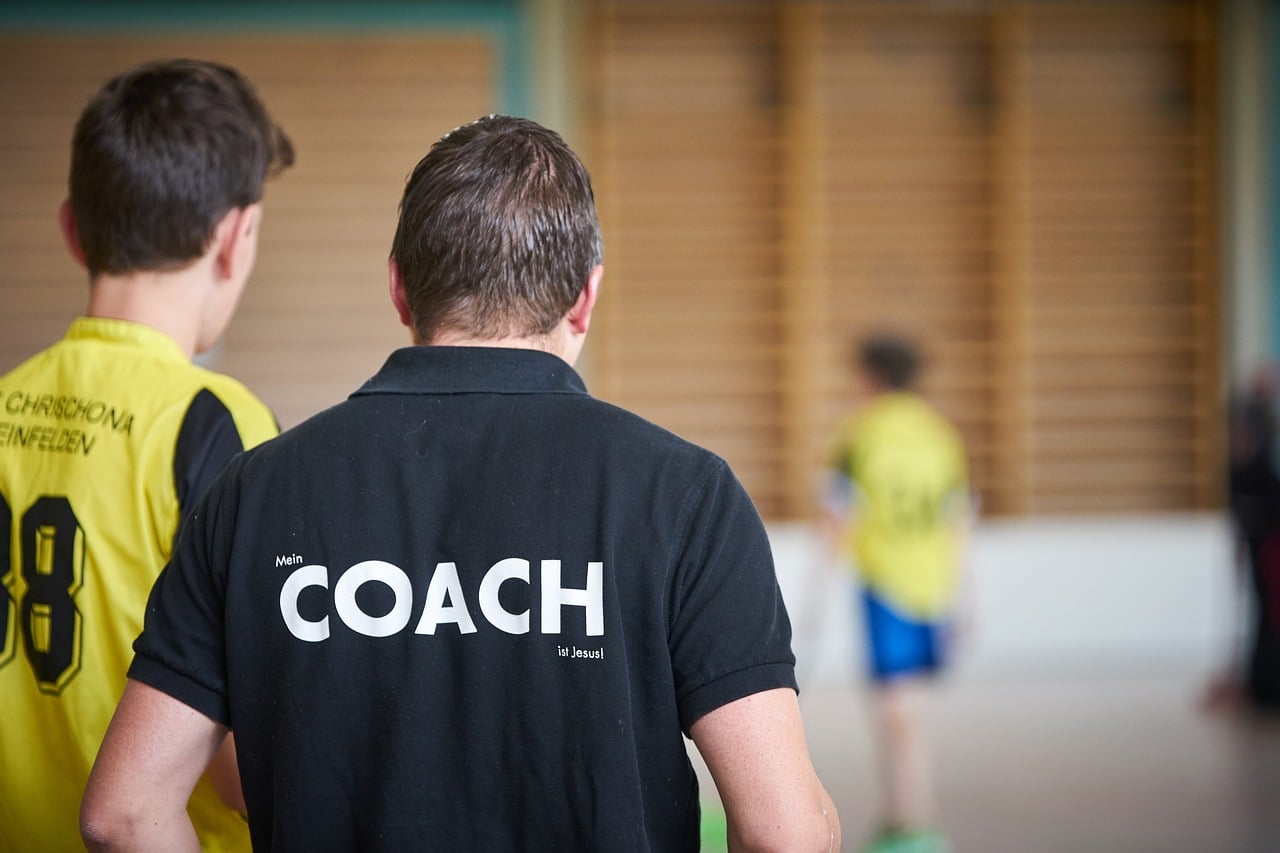Barnabas-Style coaching is wrapped up in a simple, two-sentence Bible story about Barnabas. “When he arrived and saw the evidence of the grace of God, he was glad and encouraged them all to remain true to the Lord with all their hearts. He was a good man, full of the Holy Spirit and faith, and …
Morale was at an all-time low. My European friends were participants at a Harvest Multiplication Training event I helped organize in North India. Though the training was practical, my friends wondered if this—or anything—would help them in their setting. They had worked for over 15 years within an Unreached People Group in South Asia, yet …
“I don’t feel qualified to train others in DMM,” she said to me. “I haven’t started a movement yet.” Her face was downcast and sad. This active, field practitioner felt unworthy to speak to others about Disciple Making Movements. They hadn’t yet seen multiplication as they hoped. Who is qualified to train others? The reverse …
Peer Coaching is a way disciple-makers offer and receive “friendly accountability.” Jesus told His disciples: “You are My friends….if you do what I command.” Friends of Jesus express their friendship with Him through their loving obedience to Him. This guest post about peer coaching by K. Sutter will help you understand how this can work …
Coaches can be scary! I remember one I had when playing American baseball as a kid. He had a good heart, but he intimidated us a lot! Just knowing he was watching me try to hit the ball made me strike out. Coaching in disciple-making movements, however, shouldn’t be frightening. Similar to me, many people …




